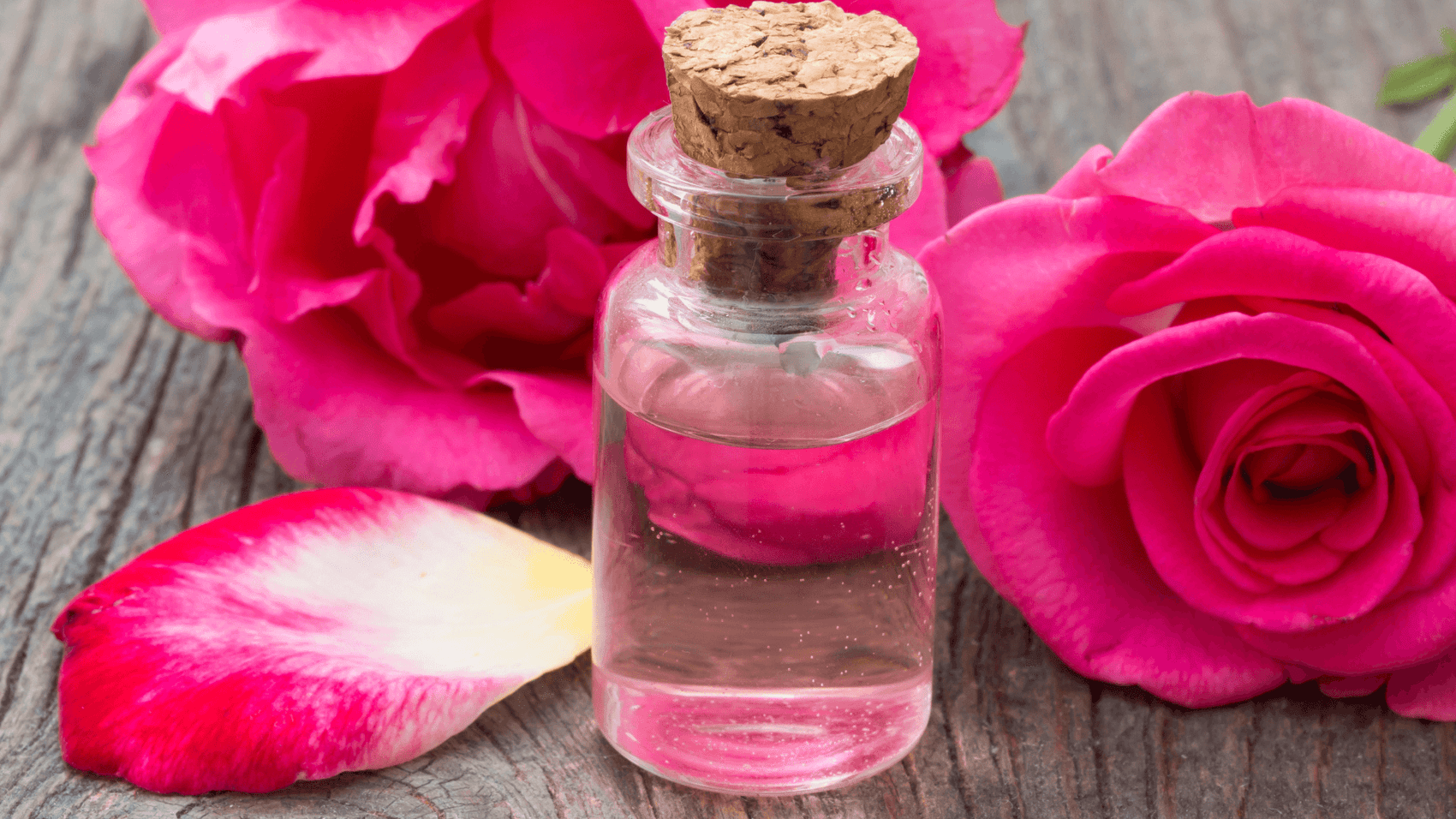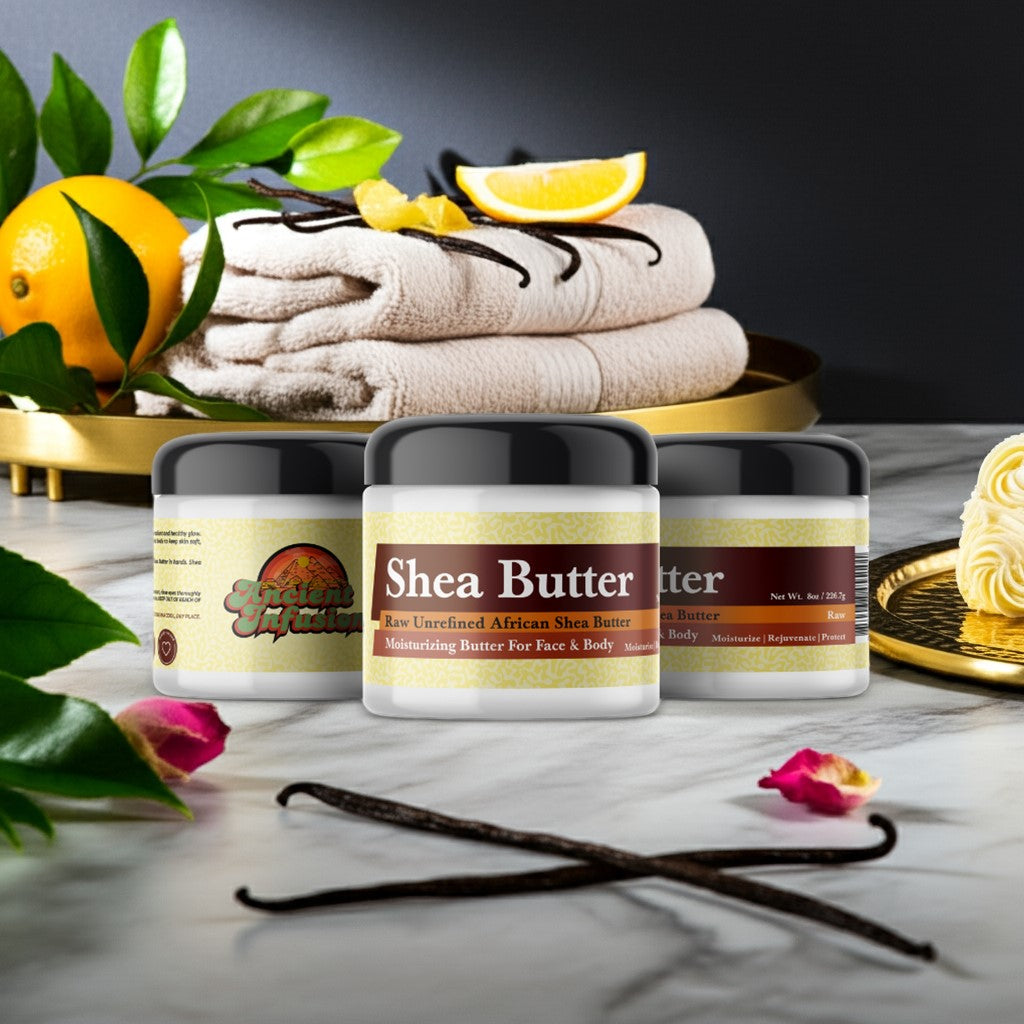Nurturing Beauty: The Benefits and Uses of Rose Water in Your Skincare Routine
Rose water has been a staple in skincare routines for centuries, known for its soothing and hydrating properties. This fragrant water, derived from the petals of the rose flower, has a rich history and a wide range of benefits. From ancient origins to modern-day uses, rose water continues to be a versatile and beloved addition to beauty regimens. In this article, we will explore the history, benefits, uses, and considerations for choosing the right rose water for your skincare routine.
Key Takeaways
- Rose water has been used for centuries and has cultural significance in many regions around the world.
- The benefits of rose water extend beyond skincare, offering health and aromatherapy benefits as well.
- Incorporating rose water into your skincare routine can help with cleansing, toning, and hydrating the skin.
- When choosing rose water, consider factors such as quality, purity, organic vs. synthetic, and sourcing and production methods.
- DIY face masks using rose water can be a fun and effective way to enhance your skincare routine.
The History of Rose Water
Ancient Origins
Rose water has a rich history dating back to ancient times. It was widely used in Egypt and Persia for its aromatic and medicinal properties. The process of distilling rose petals to create rose water was a well-established practice in these ancient civilizations. This fragrant water was revered for its beauty-enhancing qualities and was often used in religious ceremonies and skincare rituals. The ancient origins of rose water highlight its enduring significance in beauty and wellness practices.
Cultural Significance
Rose water has held cultural significance for centuries, playing a central role in various rituals and ceremonies. It has been revered for its symbolic representation of love, beauty, and purity, making it a cherished ingredient in traditional customs and celebrations.
In some cultures, rose water is used to anoint the bride and groom, symbolizing the beginning of their union with the fragrance of roses. It is also incorporated into religious ceremonies, where its delicate scent is believed to evoke a sense of spiritual connection and tranquility.
Furthermore, the use of rose water in cultural practices extends to its inclusion in festive foods and beverages, adding a touch of floral essence to traditional recipes and delicacies.
Tip: When using rose water in cultural rituals, ensure that it is of the highest quality to honor the significance of the occasion.
Traditional Uses
Rose water has been used for centuries in various cultural practices and traditions. It holds significance in religious ceremonies, beauty rituals, and culinary preparations. The traditional uses of rose water include:
- Adding fragrance and flavor to desserts and beverages
- Incorporating into skincare and haircare routines for its soothing and hydrating properties
- Sprinkling on linens and clothing for a refreshing aroma
When using rose water for traditional purposes, ensure it is of high quality and free from synthetic additives to fully experience its benefits.
The Benefits of Rose Water
Skincare Benefits
Rose water offers a range of skincare benefits that can enhance your beauty routine. It acts as a natural toner, helping to balance the skin's pH levels and tighten pores. Additionally, its anti-inflammatory properties can soothe irritation and reduce redness, making it suitable for sensitive skin. The antioxidant content in rose water helps protect the skin from environmental stressors and promotes a youthful, radiant complexion.
- Tones and balances pH levels
- Soothes irritation and redness
- Protects from environmental stressors
Tip: For a refreshing and hydrating boost, store rose water in the fridge and use it as a cooling face mist on hot days.
Health Benefits
Rose water offers a range of health benefits that contribute to overall well-being. Its natural properties make it a versatile addition to your skincare routine. From soothing irritation to promoting relaxation, rose water provides a holistic approach to self-care.
- Reduces redness and inflammation
- Balances skin's pH levels
- Antioxidant properties combat free radicals
Tip: Incorporate rose water into your daily skincare regimen to experience its rejuvenating effects.
Aromatherapy Benefits
Rose water has been used in aromatherapy for centuries, offering a range of benefits for emotional well-being and relaxation. Its delicate floral scent is known to promote a sense of calm and tranquility, making it a popular choice for aromatherapy practices. The gentle fragrance of rose water can help alleviate stress and anxiety, creating a soothing atmosphere in any space. Additionally, the subtle aroma of rose water is often used to enhance meditation and mindfulness practices, providing a serene environment for mental clarity and emotional balance.
How to Use Rose Water in Your Skincare Routine
Cleansing and Toning
To incorporate rose water into your skincare routine, start with cleansing and toning. Use a cotton pad to apply rose water as a gentle and refreshing toner, helping to balance the skin's pH levels and tighten pores. This step prepares the skin for better absorption of subsequent skincare products. For a DIY toning mist, mix rose water with aloe vera gel and a few drops of essential oils in a spray bottle for a hydrating and soothing spritz. Consider the following table to understand the benefits of using rose water for cleansing and toning:
| Benefit | Description |
|---|---|
| Cleansing | Removes impurities and excess oil |
| Toning | Balances pH levels and tightens pores |
| Refreshing | Provides a cooling and revitalizing sensation |
Tip: Store rose water toner in the refrigerator for an extra refreshing experience. This helps to constrict blood vessels and reduce puffiness, especially in the morning.
Hydrating Face Mist
Rose water can be used as a hydrating face mist to refresh and revitalize the skin. It provides a burst of hydration and can be used throughout the day to keep the skin feeling fresh and moisturized.
- To use rose water as a hydrating face mist, simply pour a small amount into a spray bottle and mist it onto your face and neck.
- It can be used as a refreshing pick-me-up during the day or as a final step in your skincare routine to lock in moisture.
Tip: Keep a small bottle of rose water in your bag for a quick and easy skin refresher on the go.
DIY Face Masks
Cleansing and Toning
- Use rose water as a gentle and effective cleanser and toner for your skin.
- Apply rose water to a cotton pad and gently wipe it across your face to remove impurities and balance the skin's pH.
Hydrating Face Mist
- Create a refreshing face mist by mixing rose water with a few drops of glycerin and essential oils.
- Spritz the rose water mist on your face throughout the day to keep your skin hydrated and rejuvenated.
DIY Face Masks
- Incorporate rose water into your DIY face masks for added hydration and nourishment.
- Combine rose water with ingredients like honey, yogurt, or clay to create customized face masks tailored to your skin's needs.
Choosing the Right Rose Water
Quality and Purity
When selecting rose water, it's crucial to prioritize quality and purity. Look for products that are free from additives and artificial fragrances. Ensure that the rose water is derived from organic and natural sources to experience its full benefits.
Consider the following factors when choosing rose water:
- Quality and Purity: Check for certifications and lab tests to verify the authenticity of the product.
- Organic vs. Synthetic: Opt for organic rose water to avoid exposure to harmful chemicals and pesticides.
- Sourcing and Production: Research the brand's sourcing methods and production processes to ensure ethical and sustainable practices.
Tip: Always read the ingredient list to avoid products with unnecessary additives or preservatives.
Organic vs. Synthetic
When choosing rose water, it's essential to consider the quality and purity. Look for products that are free from additives and artificial fragrances to ensure the authentic benefits of rose water.
Consider the difference between organic and synthetic rose water. Organic rose water is derived from natural and chemical-free processes, while synthetic rose water may contain artificial ingredients and preservatives.
Sourcing and production methods play a crucial role in the quality of rose water. Opt for products that are ethically sourced and undergo careful extraction processes to preserve the integrity of the rose water.
Tip: Always check the ingredient list to ensure the rose water is free from harmful chemicals and additives.
Sourcing and Production
Rose water sourcing and production are crucial factors in determining the quality and purity of the final product. The process of obtaining rose water involves careful extraction of the essence from rose petals, ensuring that no synthetic additives or harmful chemicals are introduced. Additionally, the organic vs. synthetic debate plays a significant role in the ethical and environmental considerations of rose water production.
When choosing the right rose water, it's essential to consider the sourcing methods used. Opting for sustainable and ethical sourcing practices supports the preservation of natural resources and the well-being of local communities. Furthermore, understanding the production process provides insight into the transparency and integrity of the brand or manufacturer.
For consumers seeking the highest quality rose water, looking for certifications such as USDA Organic or ECOCERT can be beneficial. These certifications ensure that the rose water has met stringent standards for purity and authenticity. When in doubt, reaching out to the manufacturer for detailed information about their sourcing and production practices can offer valuable reassurance and transparency.
Final Thoughts on Rose Water
In conclusion, rose water has a rich history and a wide range of benefits for skincare, health, and aromatherapy. Its use in skincare routines has been valued for centuries, and its versatility makes it a valuable addition to any beauty regimen. Whether you're looking to cleanse, tone, or hydrate your skin, rose water offers a natural and gentle solution. When choosing the right rose water, it's important to consider factors such as quality, purity, and sourcing. With the right knowledge, you can incorporate this timeless ingredient into your daily routine with confidence.
Frequently Asked Questions
Is rose water suitable for all skin types?
Yes, rose water is suitable for all skin types, including sensitive and acne-prone skin. It has soothing and anti-inflammatory properties that make it gentle and beneficial for various skin concerns.
Can rose water be used as a natural toner?
Yes, rose water is an excellent natural toner that helps to balance the skin's pH, tighten pores, and remove residual dirt and oil. It also provides a refreshing and hydrating effect on the skin.
Does rose water have any health benefits?
Yes, rose water offers a range of health benefits, including digestive aid, stress relief, and antioxidant properties. It can be consumed internally or used externally for its therapeutic effects.
How often should rose water be used in a skincare routine?
Rose water can be used daily in a skincare routine. It is gentle and versatile, making it suitable for use in the morning and evening to cleanse, tone, and refresh the skin.
Is organic rose water better than synthetic rose water?
Organic rose water is preferred for skincare due to its natural and pure composition, free from synthetic chemicals and pesticides. It ensures higher quality and beneficial properties for the skin.
Can rose water be used in DIY face masks?
Yes, rose water can be used in DIY face masks to enhance their hydrating, soothing, and rejuvenating effects. It can be combined with natural ingredients like honey, yogurt, and clay for a nourishing skincare treatment.




